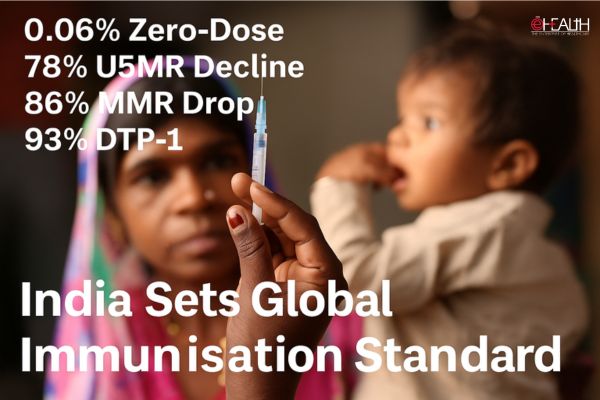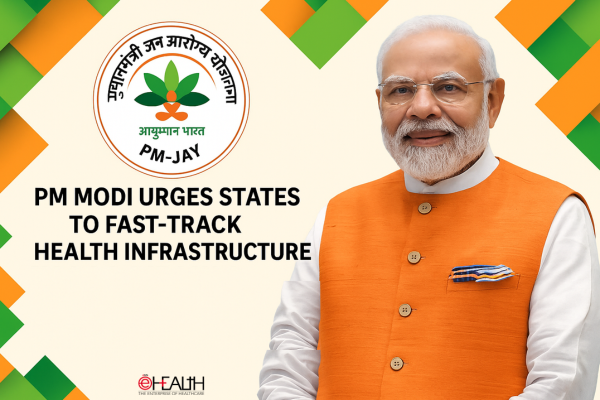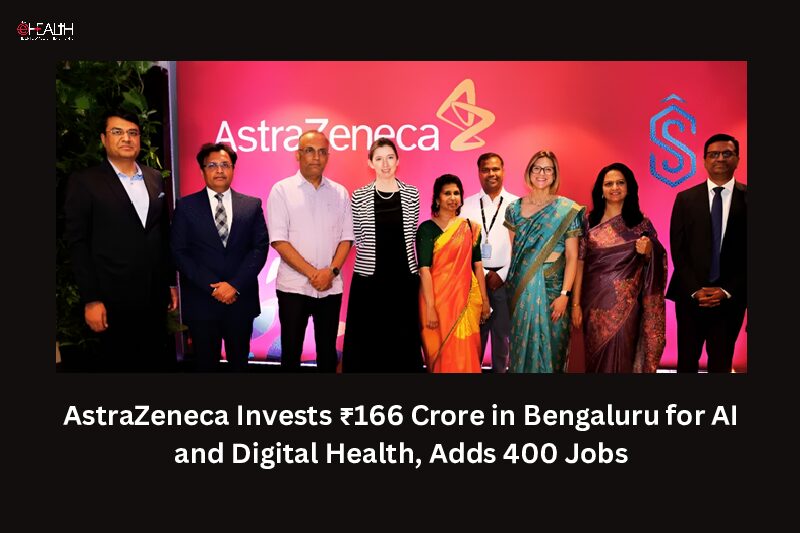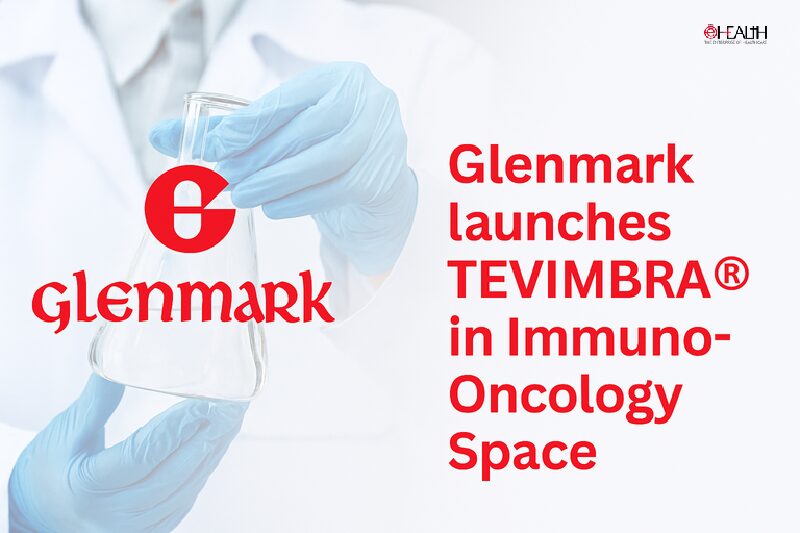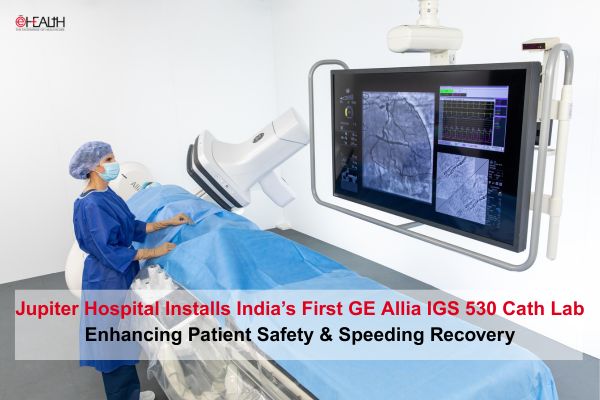
In a startling revelation, a recent 24-year review of cadaver or deceased organ donations in Mumbai has unveiled a stark reality: Only 10% of the 18,226 patients who had registered for a transplant were able to receive an organ. This finding underscores the critical need for promoting cadaver donation initiatives to bridge the vast gap between demand and availability.
Dr. Bharat Shah, Secretary of the Zonal Transplant Coordination Centre (ZTCC), emphasized the urgency of intensifying efforts to promote cadaver donation, citing the staggering statistic that 90% of registered patients remained without an organ. While transplant patients can obtain organs such as kidneys or livers from living relatives, the availability of other vital organs like the heart or lungs hinges on donations from brain-dead donors.

Despite a growing trend in organ donations in recent years, with numbers rising from 47 in 2022 to 50 in 2023, the concept of brain death or deceased donations is yet to gain widespread traction in Mumbai. This year, eight cadaveric donations have been recorded in the city thus far, signaling a gradual but steady increase in awareness and acceptance.

Also Read:- Unprecedented Success: Mumbai Surgeon’s Skillful Removal of Five Brain Tumors Stuns Medical Community

Since the establishment of the ZTCC by the state government in 1999, Mumbai has witnessed 659 brain-dead donors benefiting 1,884 patients. Dr. S K Mathur, President of ZTCC, attributes this positive trend to the proactive role of intensivists in identifying and maintaining brain-dead donors in hospital ICUs, along with the concerted efforts of NGOs in raising awareness and the supportive role of the police in facilitating necessary clearances for transplants.

However, a closer analysis of the data reveals that nearly 70% of the registered patients in the past 24 years were in need of a kidney, underlining the pressing demand for kidney transplants. The first cadaveric transplant in Mumbai occurred at Sion Hospital on March 27, 1997, following the enactment of the organ donation act.
As of 2024, the waiting list for organ transplants remains substantial, with 3,586 individuals awaiting a kidney, 551 awaiting a liver, and 57 awaiting a heart. These figures underscore the critical need for concerted efforts to promote cadaver donation and enhance organ procurement mechanisms to meet the escalating demand for life-saving transplants in Mumbai.
Be a part of Elets Collaborative Initiatives. Join Us for Upcoming Events and explore business opportunities. Like us on Facebook , connect with us on LinkedIn and follow us on Twitter , Instagram.
"Exciting news! Elets technomedia is now on WhatsApp Channels Subscribe today by clicking the link and stay updated with the latest insights!" Click here!






